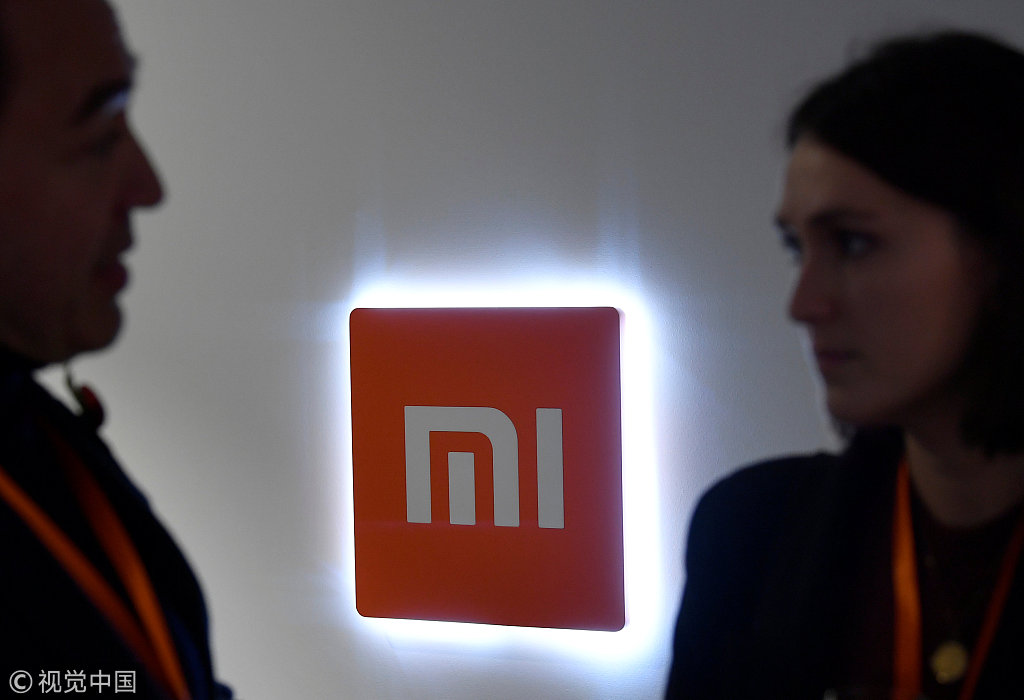Chinese companies overseas must be more marketing savvy


XIAOMI, China's smartphone brand, launched an online promotion"£1 Flash Sale" in the United Kingdom on Nov 8, claiming that a total of 10 smartphones are available at £1 each in the UK market. Although the company later explained that the system randomly selected 10 people from the thousands who clicked the "buy" button almost simultaneously, people felt this was a scam because what they saw was always the "out of stock" sign. The 21st Century Business Herald comments:
Despite Xiaomi's explanation, it is justified for the consumers in the UK to criticize the company for the promotion about which it made a great whoop and a holler in advance.
Xiaomi should reflect on how the promotion finally became a public relations crisis on social media. The other Chinese companies operating overseas should also draw a lesson from the case that has negatively affected Xiaomi's brand image and creditability.
It is no secret that even some big companies sometimes resort to misleading marketing strategies at home, partially because of the loose supervision and poor protection of consumers' rights. For instance, some e-commerce giants tend to increase retail prices before the start of the big sales galas so as to maintain their profits while convincing consumers that they are getting big bargains.
Chinese companies have made great efforts to cast off their stereotyped image as makers of cheap and shoddy goods over the years, and their image has improved to some extent. Some have even become key players in their industries. Xiaomi is a case in point.
But they still face a steep learning curve in marketing, particularly in the developed countries, where consumers are pickier and the supervision is stricter. Some marketing strategies that might be effective at home, such as Xiaomi's flash sale, will only backfire in more mature overseas markets.
So Chinese companies should focus on improving their product quality and services so as to win the trust of consumers.

































